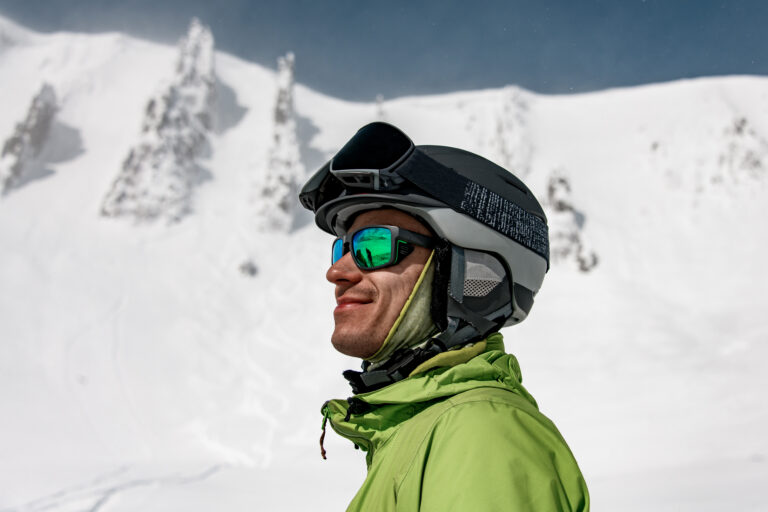It’s no secret that eye protection is essential during the summer, but did you know it’s just as important in winter? As temperatures drop, dry air and extreme conditions can make dry eye symptoms increasingly common.
Fortunately, there are many ways to protect your eyes during winter and maintain your eye health. Here are the top tips to prevent dry eyes in winter and avoid symptoms like redness, itchiness, and discomfort as the cold weather sets in.
Symptoms of Dry Eyes in Winter
Dry eye occurs when your eyes don’t produce tears properly, resulting in an imbalance of oil, water, and mucus. “During winter months, when exposed to cold, dry wind and air, your eyes are more likely to dry out and become irritated,” said Dr. Kimberly Riordan of Florida Eye Specialists.
“Dry eye symptoms can also occur as your furnace or indoor heating system runs during the winter, which stips the moisture from the air in your home.” Some common symptoms include:
- Burning or stinging sensations
- Scratchy feeling in the eyes
- Blurry vision
- Eye fatigue
- Redness or stringy mucus
- Watering eyes
- Increased sensitivity to light
Tips For Managing Dry Eyes in Winter
If you experience these symptoms, there are several steps you can take to minimize discomfort and protect your vision.
Use Saline Eye Drops for Relief
Eye drops are essential for soothing irritated eyes during the colder months of the year. While no single brand works best for all forms of dry eye, some of the best over-the-counter brands include Systane Ultra, Refresh Optive, Soothe XP, and GenTeal Tears Lubricant Eye Gel.
“Apply eye drops once each morning or before going to bed in the evening,” said Dr. Riordan. “This daily process will help your eyes become more lubricated and eliminate painful symptoms.” Using a heated eye mask for dry eyes is also a proven remedy to eliminate symptoms of the condition.
Use Eye Protection
If you plan to hit the slopes this winter, eye protection is a must. As elevation increases, so does the sun’s intensity. Remember to wear polarized, UV-blocking goggles to protect your eyes from the harsh sunlight at higher altitudes.
Polarized lenses also help eliminate the harmful glare from sand or snow. These lenses can help protect your eyes from the dreaded “snow blindness,” which is sunburn and damage to your retina.
Glasses and goggles should also be worn for protection from chill winds that can cause your eyes to become dehydrated. Stay hydrated when spending time outdoors in extreme temperatures when humidity is low to avoid dry eye symptoms.
Protect Eyes From UV Rays
Exposure to the sun’s UV rays can increase your risk of developing cataracts and other eye conditions, especially as you age. UV rays don’t disappear during winter months, so it is vital to wear protective gear like sunglasses and hats to prevent dry eye and other vision problems.
“If you’re spending time outdoors, especially near a body of water such as a lake, pool, or ocean, wear protection against the reflection of sunlight to avoid additional UV exposure,” said Dr. Riordan. “Whether it is sunny or cloudy outside, don’t leave the house without your sunglasses this winter.”
Visit Florida Eye Specialists Today
Don’t let dry eyes hold you back this winter. With the right care, you can protect your vision and avoid discomfort. At Florida Eye Specialists, our expert team is here to help with personalized treatment plans to keep your eyes healthy all year long.
Schedule an appointment and experience advanced eye care tailored to your needs.
About Kimberly Riordan O.D., F.A.A.O.
Dr. Kimberly Riordan is a Florida Board Certified Optometric Physician specializing in primary care, ocular disease, and advanced contact lens fittings for conditions like keratoconus. She leads the Dry Eye Center and the Sports Vision Training program at Florida Eye Specialists, where she combines her expertise with a passion for exceptional patient care.
